BBC chairman apologises for ‘error of judgment’ in Trump speech edit
BBC Chair Samir Shah on Monday apologised for an “error of judgment” in the editing of a speech by Donald Trump that raised the ire of the US president, but he rejected claims of systemic bias in the broadcaster’s news reporting.
Mounting criticism of the BBC’s news led to the resignation of its Director General Tim Davie and Chief Executive of News Deborah Turness on Sunday, following the leaking of an internal report that raised concerns about its coverage.
Shah said the edit of a Trump speech in a programme broadcast shortly before the November 2024 US presidential election was “misleading” and should have been handled more carefully.
Shortly after he issued the apology, BBC News reported that Trump had threatened the corporation with legal action over the edit.
Shah said the broadcaster was “considering” how to respond.
Misleading impression
The Panorama programme spliced together two separate excerpts from one of Trump’s speeches, creating the impression that he was inciting the January 6, 2021, riot.
Trump supporters overran the Capitol on that day, when Congress was due to certify Democrat Joe Biden’s win over Trump in the November 2020 election.
This matter was included in a dossier leaked to the Daily Telegraph newspaper, which also included criticism of the BBC’s coverage of the Israel-Gaza war and transgender issues.
Shah said the BBC accepted that the way the speech was edited did “give the impression of a direct call for violent action”.
“The BBC would like to apologise for that error of judgment,” he said in a letter to lawmakers.
But while he accepted the criticism of the Trump edit, he hit back at suggestions the BBC had sought to “bury” any of the allegations, or failed to tackle any problems.
Impartiality in BBC’s DNA
Asked if the charges of systemic bias were wrong, Shah said “yes”.
He said there were cases of individual errors and there were issues that pointed to underlying problems, but the notion of systemic bias or institutional bias did not hold true.
“I’ve worked in BBC News,” he told the BBC. “I know that BBC News’ DNA and culture is to be impartial. It’s to provide the best news we can and the most trustworthy news.”
He told lawmakers that the BBC was committed to restoring public trust and ensuring its journalism meets the highest standards of fairness.
“It is absolutely clear the BBC must champion impartiality,” he said.
A spokesperson for British Prime Minister Keir Starmer denied the BBC was institutionally biased or corrupt, and said the government supported the corporation.
“Clearly mistakes have been made in this case and the director general and Deborah Turness have taken responsibility for those mistakes,” the spokesperson said.
“What is important here is that the BBC maintains the high standards for which it is rightfully recognised internationally, and that’s very much our focus.”
For the latest news, follow us on Twitter @Aaj_Urdu. We are also on Facebook, Instagram and YouTube.








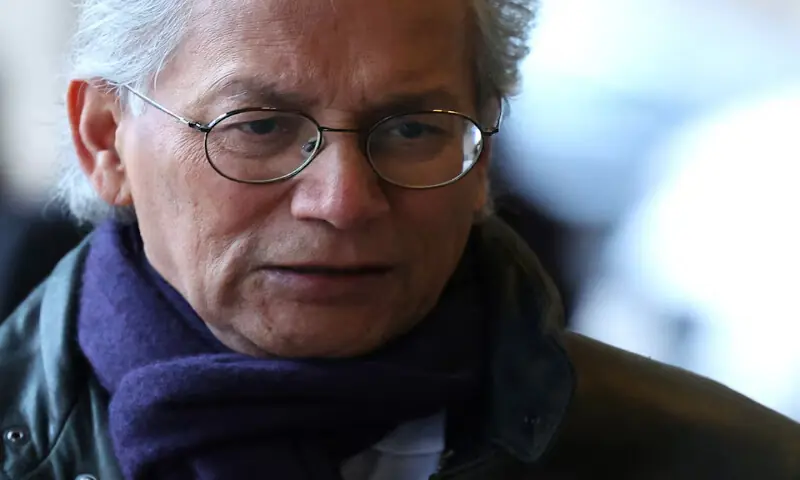





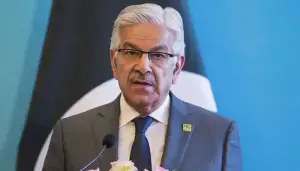

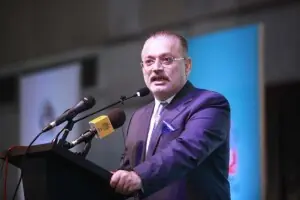
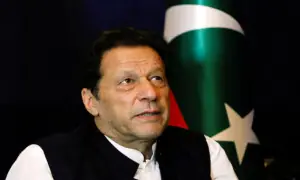

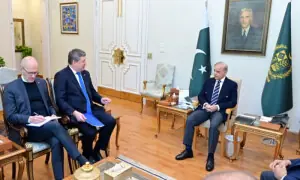


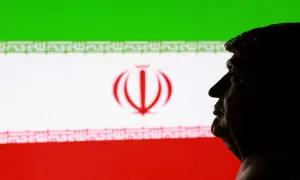
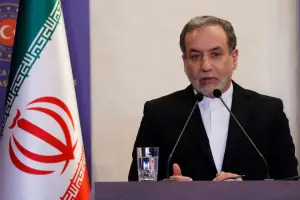
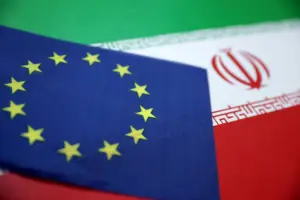
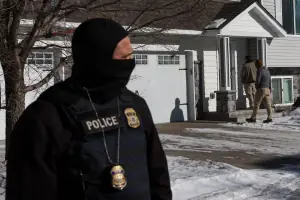

Comments are closed on this story.